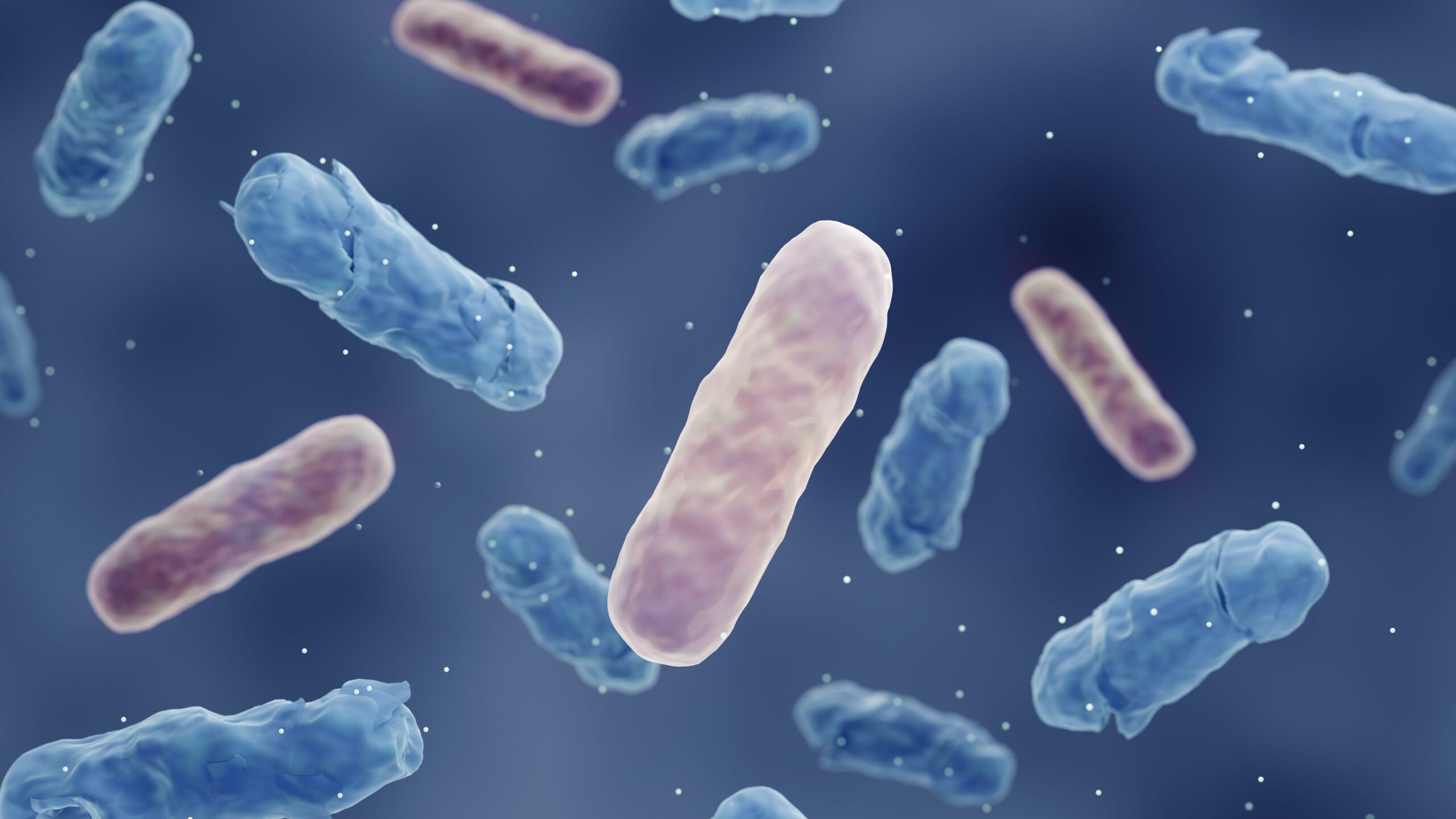Antimicrobial resistance

Antimicrobials are drugs which help to prevent and treat infectious diseases in people and animals. Antimicrobials include antibiotics, antivirals, antifungals and antiparasitics. Antimicrobials underpin modern medicine as many procedures such as surgeries, cancer therapy, and organ transplants rely on effective antimicrobials to prevent infections. Antimicrobial resistance (AMR) occurs when organisms that cause infection, like bacteria, develop resistance to these drugs. This means that bacteria can adapt and find ways to survive the effects of an antibiotic.
According to the World Health Organisation, AMR is one of the top global public health threats.
There are very few new antibiotics in the development pipeline, which is why it is important we use our existing antibiotics wisely and make sure these life-saving medicines continue to stay effective for us, our children and grandchildren.
Misuse of antibiotics can lead to organisms that cause infection developing resistance to antibiotics, which means they will no longer be an effective treatment. There are two main ways in which antibiotics can be misused. First, to treat an infection where antibiotics are not effective, such as colds or flu. Second, by not taking antibiotics as instructed by the prescriber.
Careless disposal of antibiotics can also lead to the generation of resistant organisms in the environment, including watercourses and the sea.
Actions to take to reduce the risk of antimicrobial resistance
Use antibiotics as directed by a healthcare professional or veterinary professional
- Seek advice from a health care professional before using antibiotics.
- Seek advice from a veterinary professional before using antibiotics in animals.
- Follow the advice of a professional on how to take antibiotics that have been prescribed to you or your pet (e.g. make sure you take the correct dose at the right times, and complete the prescribed course of antibiotics).
- Do not share antibiotics with others or take antibiotics that were not prescribed to you.
- Do not save antibiotics for use at a later date.
- Never throw antibiotics in the bin or flush them down the sink or toilet. This can contaminate our water sources, threatening human and animal health.
- Take any unused antibiotics to your local pharmacy for safe disposal.
- Educate your friends and family about antibiotic resistance and how to safely use antibiotics. Sign up to become an Antibiotic Guardian.
- Do not take antibiotics to manage the symptoms of cold or flu – if you have cold or flu symptoms, speak to a pharmacist about how to manage these.
Get vaccinated
- While there is not a vaccination for every infectious disease, vaccinations are the most effective way to prevent many serious infectious diseases and reduce the need for antibiotics.
- The NHS website provides a full list of the routine vaccinations offered and when to have them, or speak to a health professional for further information.
- Vaccinations can also prevent disease in animals and reduce use of antibiotics in animals. Speak to your veterinary professional about vaccinating animals under your care.
Follow effective infection prevention and control practices
Wash your hands thoroughly with soap and clean running water (for at least 20 seconds):
- Before, during and after preparing food
- Before eating or handling ready to eat food
- After using the toilet or changing a soiled nappy / underwear
- After coming into contact with animals or animal waste
- After coughing, sneezing or blowing your nose
- If you are unwell, or have been around people who are unwell
If you do not have immediate access to soap and water, hand sanitiser can be used to clean hands that are not visibly dirty. However, hand sanitiser does not effectively remove all types of disease-causing organisms (e.g. norovirus), so soap and water should be used to wash hands wherever possible.
Cover your mouth and nose with a tissue if you cough or sneeze (and throw used tissues in the bin), clean surfaces that people touch a lot (e.g. door handles), and regularly clean and disinfect all areas in contact with food, dirt, or bodily fluids (e.g. toilets).
Further information and resources
The NHS provides information on antibiotic resistance and effective handwashing.
The e-Bug website operated by the UK Health Security Agency provides free resources for parents to use to teach children about hand and respiratory hygiene.
Read more about the UK’s plans to see antimicrobial resistance contained and controlled by 2040.
For further information about antimicrobial resistance in Wales, visit the Welsh Government website and for further information about antimicrobial resistance in Scotland, visit the Scottish Government website.